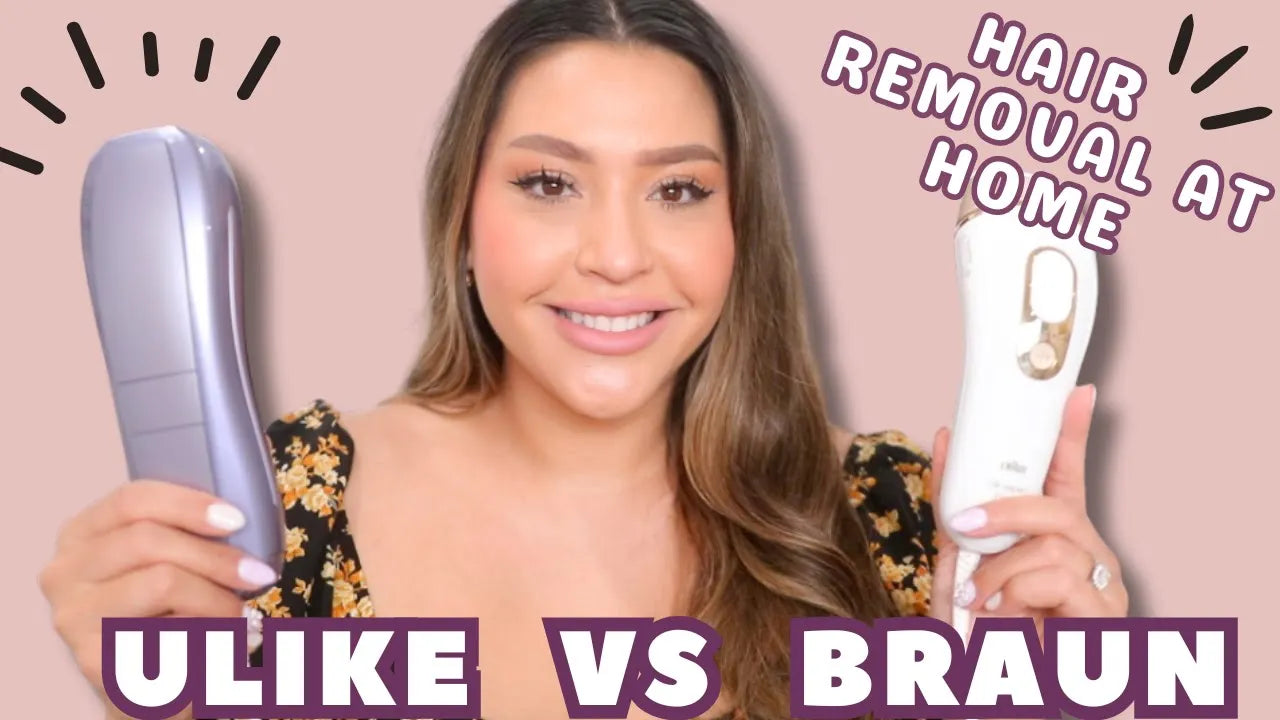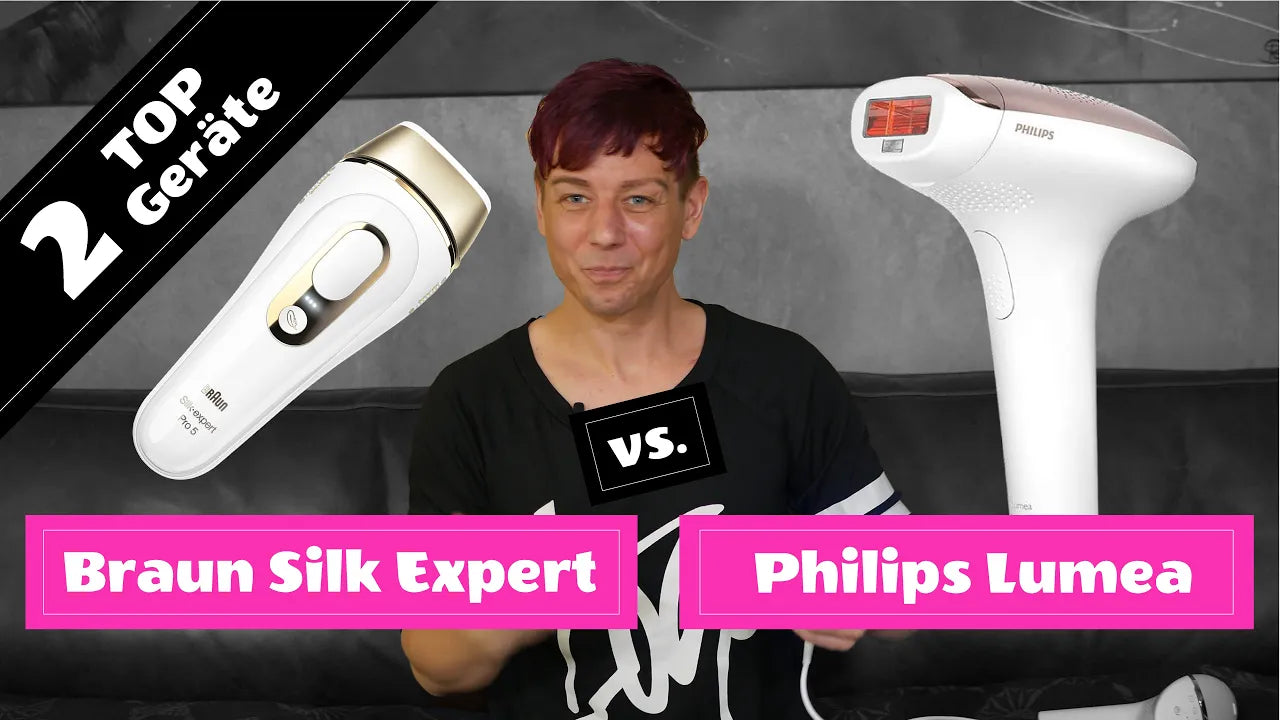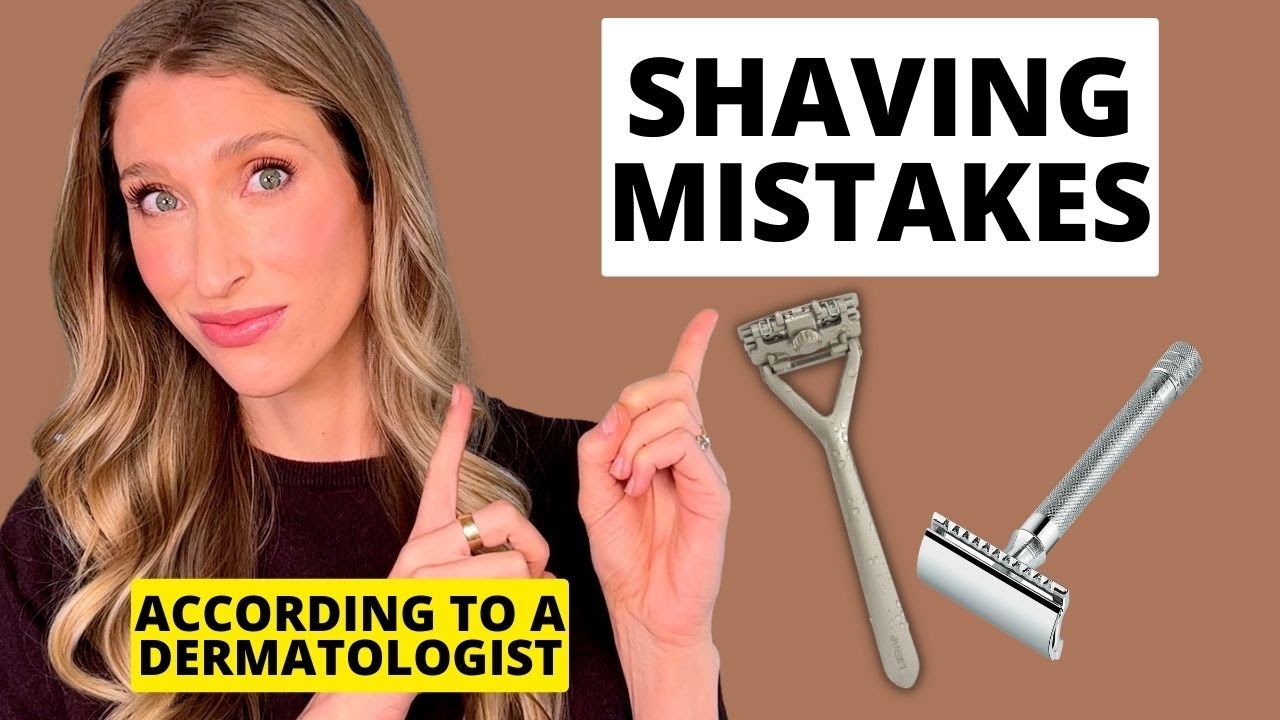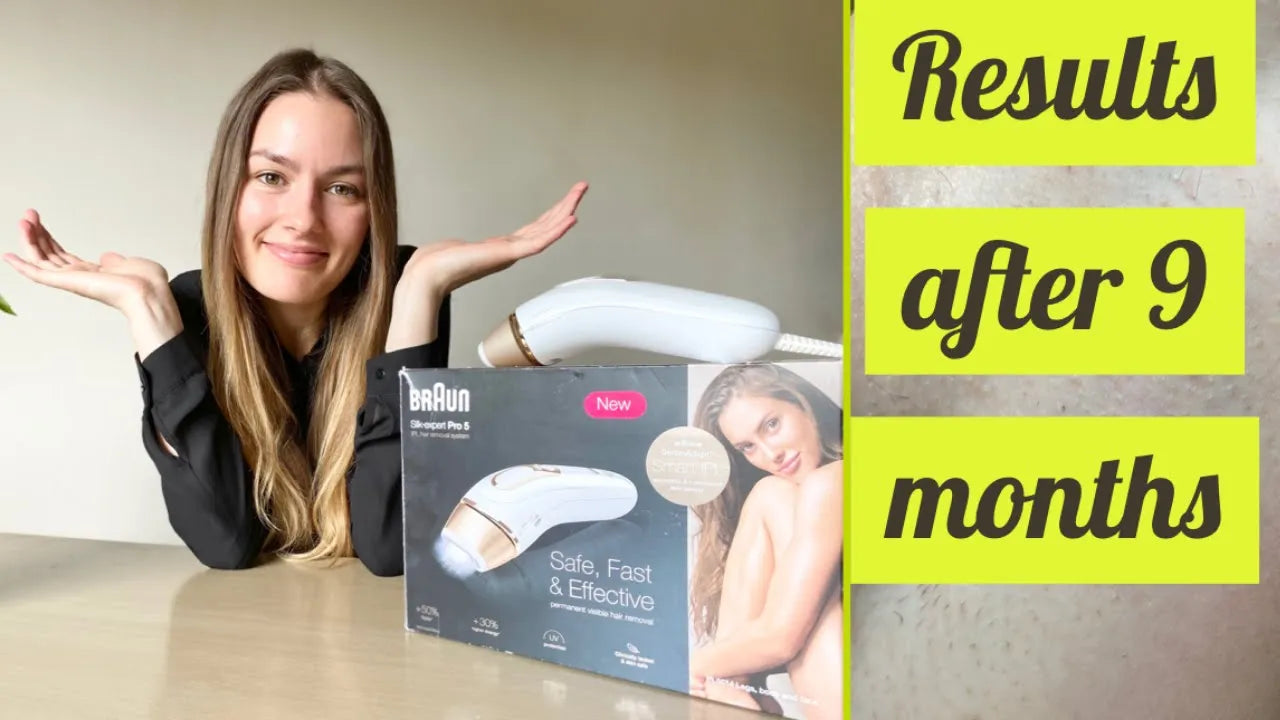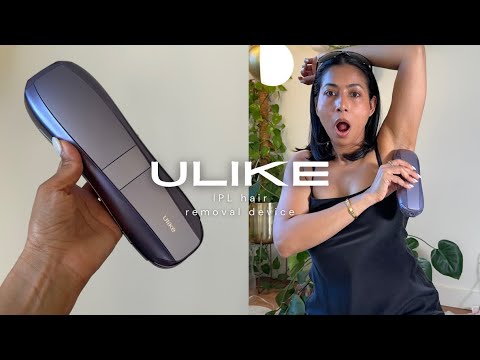What is Polycystic Ovary Syndrome?
Polycystic ovary syndromePCOS
The ovaries are found in women, and consist of a pair of glands which are either side of the uterus (womb). The ovaries produce ova (eggs) which are released into the uterus one a month, during the menstrual cycle. Each ovum develops in the ovary from a small swelling called a follicle. Usually, several of these follicles develop each month, but only one will produce a full matured ovum.
The ovaries also produce a variety of hormones including the main female hormone, known as oestrogen. The ovaries also produce small amounts of androgens, such as testosterone, which are sometimes called male hormones.
When a person has polycystic ovary syndrome the ovaries are affected in at least two of the three following ways:
- Each month at least 12 follicles develop on the surface of the ovary. This is more than usually. The follicles are also known as cysts, and this how the disease gets its name: Poly (means many) Cystic (referring to the follicles) Ovary Syndrome. The cysts on the ovaries in PCOS are fluid sacs and are completely benign (they are not related to cancer).
- Although there are many follicles, they do not mature fully so no ovum is released. When ovulation does not occur, the woman will not have a period. In some people this happens every month meaning that they never ovulate. In some women ovulation occurs sometimes, leading to irregular periods.
- The balance of hormones released by the ovaries gets affected. Usually the ovaries produce higher levels of testosterone that normal.
About 25% of women, if their ovaries were scanned, would have lots of cysts on their ovaries. However only around 10% of women actually suffer from polycystic ovary syndrome, which is where they suffer from at least two of the three problems described above. The remaining women have lots of cysts but still ovulate regularly and do not have raised levels of testosterone. It also means that some women can suffer from polycystic ovary syndrome, if they have high testosterone levels and irregular ovulation, even if they do not have lots of cysts on their ovaries.
What Are The Symptoms of Polycystic Ovary Syndrome?
There are a number of symptoms associated with the syndrome:
- Absent or irregular periods
- Weight gain
- Acne (spotty skin)
- Hirsutism (excessive hair growth on the face and body)
- Difficulties getting pregnant
- Thinning of scalp hair
Not all people who suffer from polycystic ovary syndrome will have all of these symptoms. Different women have different symptoms, and in differing levels of severity. Also, individuals may find that they have different symptoms at different times in their life. Symptoms usually develop around the late teens and early twenties. For some women, however, the only sign that they have the condition is when they have difficulties when they come to have children.
What Are The Long-Term Problems Associated with Polycystic Ovary Syndrome?
As well as the symptoms listed above, polycystic ovary syndrome has been found to be associated with other health problems and illness.
Women with this condition have a higher risk of developing type 2 diabetes, or developing diabetes during pregnancy. Around 10% of women with polycystic ovary syndrome will at some point develop diabetes. Having diabetes then increases the risk of strokes and heart disease. As well as diabetes, polycystic ovary syndrome also increases the risk of high cholesterol and possibly high blood pressure. These problems are caused by insulin resistance and obesity, both of which are associated with polycystic ovary syndrome.
Additionally, having infrequent periods may possibly increase the risk of developing cancer of the womb. The research in this area is ongoing, and if there is an increased risk it is likely to be very small.
A condition known as sleep apnoea is also more common in women with polycystic ovary syndrome.
Women who suffer from polycystic ovary syndrome can often develop depression or poor self esteem because of the effect of the other symptoms of the condition.
What Causes Polycystic Ovary Syndrome?
The actual cause of polycystic ovary syndrome is unknown; however current knowledge about the disease suggests that there are many factors that are important.
There is a tendency for polycystic ovary syndrome to be more common in people who have a close relative with the condition. The fact that the condition can run in families suggests that there is a genetic component to the disease.
There seems to be evidence linking polycystic ovary syndrome with higher than normal levels of a hormone known as insulin. Insulin is a hormone that controls blood sugar levels. A lot of women with polycystic ovary syndrome have a problem known as insulin resistance. If somebody has insulin resistance they need higher levels of insulin to be released to control their blood sugar. This means their body is exposed to higher amounts of insulin than other people. One of the effects of these high levels of insulin is that the ovaries make too much testosterone. The high levels of testosterone are responsible for some of the symptoms of polycystic ovary syndrome, including acne and excess hair.
If you are overweight, this can worsen the problem. This is because having excess body fat also makes insulin resistance worse, and so the levels of insulin in the body are increased even more.
Another hormone known as luteinising hormone is also raised in some women with polycystic ovary syndrome. Luteinising hormone also increases levels of testosterone in the body.
How is Polycystic Ovary Syndrome Diagnosed?
Polycystic ovary syndromepolycystic ovary syndrome
Common tests for polycystic ovary syndrome include:
- Blood tests. These are used to measure levels of hormones, including testosterone and luteinising hormone. This can also help to rule out alternative hormone problems that might cause periods to stop.
- Ultrasound scan. This scan is done to look at the surface of the ovaries. This will show whether the ovaries are enlarged and polycystic.
Could A Different Condition Be Causing My Symptoms?
As well as trying to diagnose polycystic ovary syndrome, your doctor may well carry out other tests to establish whether there might be another cause for any symptoms you have.
If the main problem is irregular or absent periods, or infertility, your doctor may test for other hormone levels. Increased levels of other hormones can also cause problems with ovulation and fertility.
A hormone called prolactin is released from an area of the brain called the anterior pituitary gland. Raised prolactin can cause headaches, problems with vision, and can also stop a woman from ovulating.
Thyroid stimulating hormone is also released from the anterior pituitary gland. If this hormone is raised it can be because of low levels of thyroid hormones in the body, which is a condition known as hypothyroidism. This problem can also cause reduced ovulation and infertility. There are a range of other symptoms of hypothyroidism, which your doctor may well ask you about.
If the main problem is to do with acne and excess body hair, this can be caused by high levels of male hormones, such as testosterone. There are other conditions that can cause high levels of these hormones, known as androgens, in women.
Occasionally, disorders or tumours of a part of the body known as the adrenal gland can lead to these problems. If this is the cause, the symptoms of excess hair and acne tend to develop very quickly. Additionally, women who had previously regular periods may find they stop suddenly, and there may also be problems with muscle weakness. If these conditions progress, there might be additional symptoms, such as reduction in breast size, deepening of the voice and enlargement of the clitoris. In these conditions, the levels of male hormones in the blood are much greater than in someone with polycystic ovary syndrome. If someone was thought to be suffering from an adrenal disorder or tumour, they would be referred for specialist treatment.
What Treatments are Available for Polycystic Ovary Syndrome?
There is no cure available for polycystic ovary syndrome. Treatment tends to be focussed on relieving the symptoms of the condition.
Treating Excess Hair
There a range of treatments available for treating the excess hair growth associated with polycystic ovary syndrome:
- Hair removal treatments include electrolysis, laser treatment, hair removal creams, waxing and shaving. These treatments are only temporary and therefore need repeating at regular intervals. Laser treatment and electrolysis are not available on the NHS, and are quite expensive, however the results may last longer than with other methods.
- A cream can be prescribed which is rubbed onto affected areas. This cream is known as eflornithine, and there is some evidence to suggest it works on the area to stop unwanted hair growth. However, if treatment is stopped, the hair will grow back.
- Certain tablets can also help affect hair growth. These drugs work against testosterone, either by decreasing how much the body produces, or lessening the effect of testosterone in the body. The most common drugs used are:
- The combined oral contraceptive pill. There a range of different combined oral contraceptive pills available but all of them will have some effect on excess hair growth.
- There is an antitestosterone drug known as cyproterone acetate. This drug is available in combination with oestrogen in one make of contraceptive pill, known as Dianette.
- If the combined oral contraceptive or Dianette are not suitable or they do not help, other antitestosterone drugs are also available.
These tablets usually take between 3 and 9 months to reach their maximum level of effect. If the tablets are stopped at any point then the hair will grow back.
Treating Acne
The treatment for acne is the same irrespective of the cause. Treatments for acne include antibiotic creams and facial washes, or antibiotic tablets. More severe acne may be treated by a skin specialist.
One of the common treatment for acne is the combined contraceptive pill. Because this treatment can also help relieve some of the other symptoms of polycystic ovary syndrome, it is quite a common treatment option for people with the condition.
Treating Irregular or Absent Periods
There is a possible increased risk of cancer of the womb if you have no periods for an extended period of time. Therefore, some women take the contraceptive pill because it causes regular bleeds. An alternative option is to take another hormone, known as progesterone, each month. When this drug is taken for several days each month, it causes a monthly bleed. Some women may choose not to treat this problem, and some women may find that the treatment options are not suitable. Sometimes, your doctor may suggest that you have an ultrasound scan of your womb quite regularly. This is done to try and identify any problems as early as possible.
Treating Fertility Problems
Polycystic ovary syndromepolycystic ovary syndrome
- Clomifene. This is a drug which has a mild stimulating effect on the ovaries. It is taken as a tablet for five days each month.
- Gonadotrophin. This hormone stimulates the follicles in the ovary to fully develop. It is given as a daily injection.
There are also other treatments available. All of the treatments have different risks, side effects, and success rates. These may well be affected by the health of the individual. It is important to discuss treatment options with your doctor to establish which one is most appropriate for you. Your doctor will also explain your individual risk of problems and side effects from any treatment you choose to have.
Weight loss is also important to help with fertility issues. If you are obese then this can also have an impact on your fertility and make it much more difficult to conceive.
It is also important to remember that whilst polycystic ovary syndrome may lead to difficulties getting pregnant, it does not guarantee that you will not get pregnant through sexual intercourse. Your chances of getting pregnant are affected by how regularly you ovulate. With polycystic ovary syndrome you may not ovulate regularly, but you may still ovulate sometimes. If you want to be certain that you will not become pregnant it is important that you use contraception even if you have polycystic ovary syndrome.
Treating Insulin Resistance
A drug called metformin is commonly used as a treatment for people who suffer from type 2 diabetes. This drug acts by increasing how sensitive the body is to insulin. The body then requires less insulin, and so this drug can lead to a decrease in the levels of insulin in the body. As detailed earlier, it is thought that high levels of insulin in the body may well contribute to the symptoms and problems associated with polycystic ovary syndrome. In some cases of the condition, metformin is prescribed to help treat the underlying problem causing polycystic ovary syndrome. There are other newer drugs on the market that have the same effect on the body as metformin, and may also be prescribed for people with polycystic ovary syndrome. These drugs are known as insulin-sensitising drugs; however the evidence for their role in treating polycystic ovary syndrome still needs a lot more research.
What Can I Do to Help if I Have Polycystic Ovary Syndrome?
The most important thing a individual can do if they have polycystic ovary syndrome is to try to lose weight. Weight loss helps relieve symptoms by reducing the high levels of insulin in the body. Reducing insulin levels will lead to a reduction in testosterone and this will help to reduce the symptoms of the condition. Weight loss also helps to reduce the risk of developing other conditions in later life such as diabetes and high cholesterol.
Weight loss can be difficult for people with polycystic ovary syndrome. It is best achieved by healthy eating and regular exercise. If you are finding it difficult to lose weight, seek advice from your doctor or practice nurse. They may also be able to refer you to a dietician.
Even if you lose weight, it is important to maintain a healthy lifestyle with regular exercise, and to give up smoking if you currently smoke.








